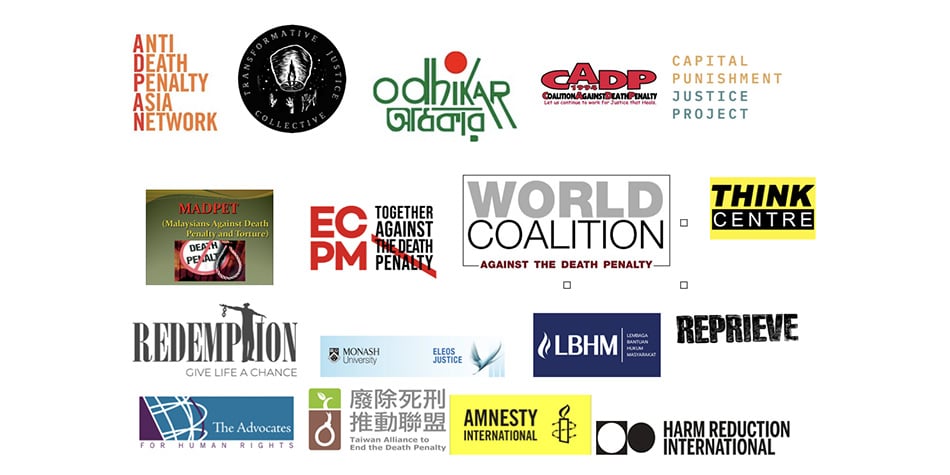Book: a victory on the road to abolition
Asia
In December 2006, a Taiwanese death row inmate named Chong De-shu came within days, perhaps hours, of being executed. The dramatic series of events that saved his life marked the start of Taiwan’s unofficial moratorium on the death penalty. Today, Taiwan has not carried out any executions since late 2005.
Staving off the Executioner: Taiwan’s Unofficial Moratorium tells the story — in both English and Chinese — of how Chong’s execution was stopped against all odds by Taiwanese lawyers and NGO workers who barely thought it was possible, but were not willing to give up. It is an inspiration for abolitionists everywhere who may feel they face insurmountable obstacles.
Staving off the Executioner also introduces the debate in Taiwan on whether capital punishment violates the country’s Constitution, as well as past rulings by Taiwan’s Council of Grand Justices that have touched on the issue. It discusses the public opposition — and even threats — that local abolitionists have faced in fighting for Chong and other death row inmates and highlights flaws with the death penalty’s application in Taiwan, including the lack of legal representation for defendants in death penalty cases at their final trial, and concerns that the death penalty is being applied for more than the most serious crimes. The book argues that Chong does not deserve the death penalty, and calls for stronger safeguards for the rights of death row inmates and defendants in death penalty cases.
This short book is published by the Taiwan Alliance to End the Death Penalty, an alliance of lawyers and NGOs against capital punishment founded in 2003, and the Legal Aid Foundation, a nonprofit organization that provides legal counsel in civil and criminal cases to those who cannot afford it. Since 2006, the foundation has provided pro bono legal aid to all death row inmates regardless of their means.
Taiwan’s anti-death penalty movement has cleared a first, significant hurdle: bringing executions to a halt. But the moratorium remains unofficial. While the Ministry of Justice supports the abolition of capital punishment, most judges and prosecutors do not, and the number of inmates on death row continues to grow. Although some progress has been made in terms of legislation — scrapping the use of mandatory death penalty in the Criminal Code, for example — there have been no proposals in the legislature to abolish capital punishment, nor is it likely today that such a proposal would pass.
In light of this, anti-death penalty campaigners are pursuing strategies to educate the public and legislators, seek judicial remedies for death row inmates whose trials may have been flawed, challenge the constitutionality of capital punishment, and fortify the moratorium on executions.
By publishing this book in English and Chinese, the Taiwan Alliance to End the Death Penalty and the Legal Aid Foundation hope to reach out not only to Taiwan’s public, but also to abolitionists around the world. Taiwan’s anti-death penalty movement has benefited from the help of the global campaign for abolition, and hopes with this book to offer some encouragement and strategies for others pursuing the same goal in their own countries.
Title: Staving off the Executioner: Taiwan’s Unofficial Moratorium
ISBN: 978-986-85305-1-5
Publisher: Taiwan Alliance to End the Death Penalty, Legal Aid Foundation
Published: December 2009
Available from TAEDP: taedp.tw@gmail.com







